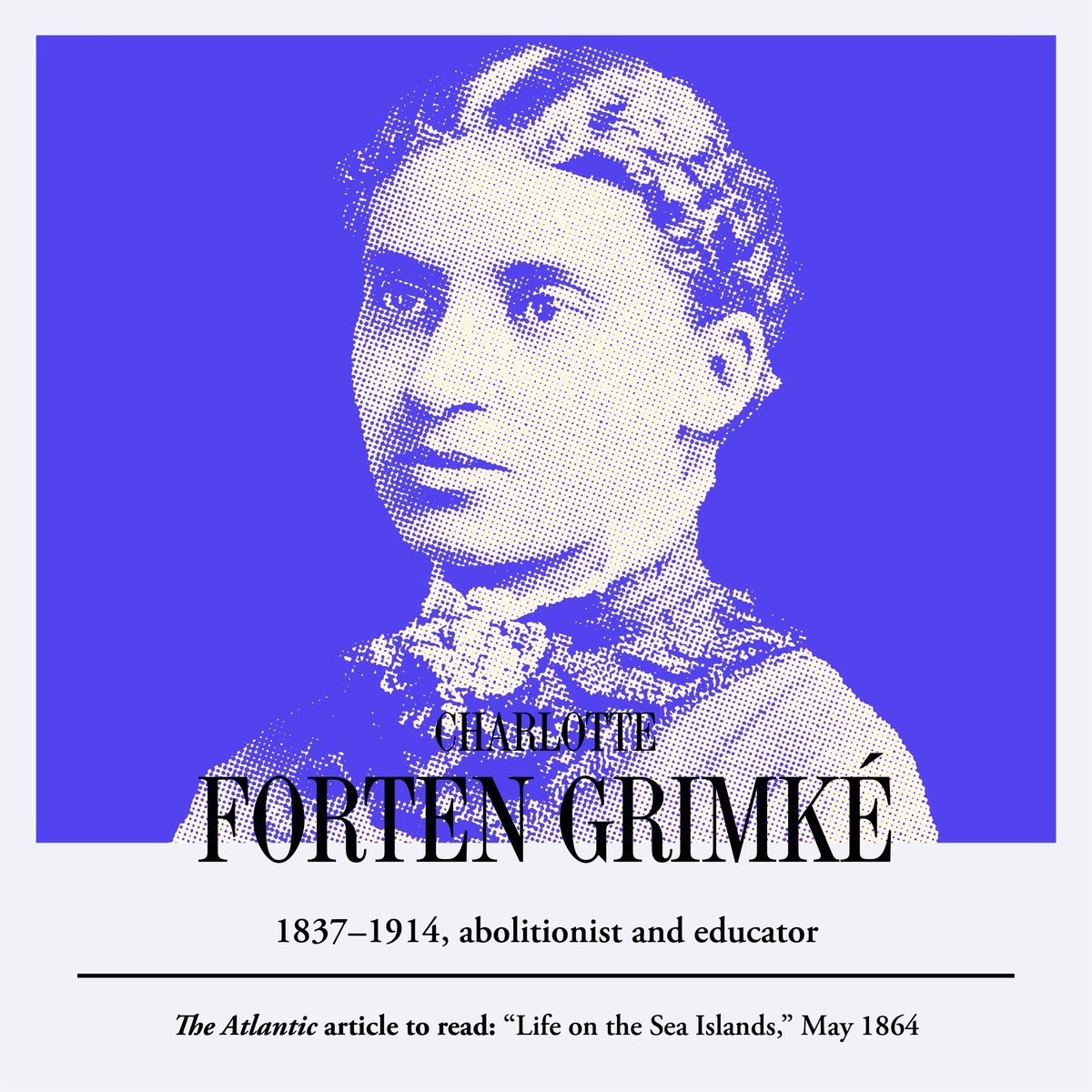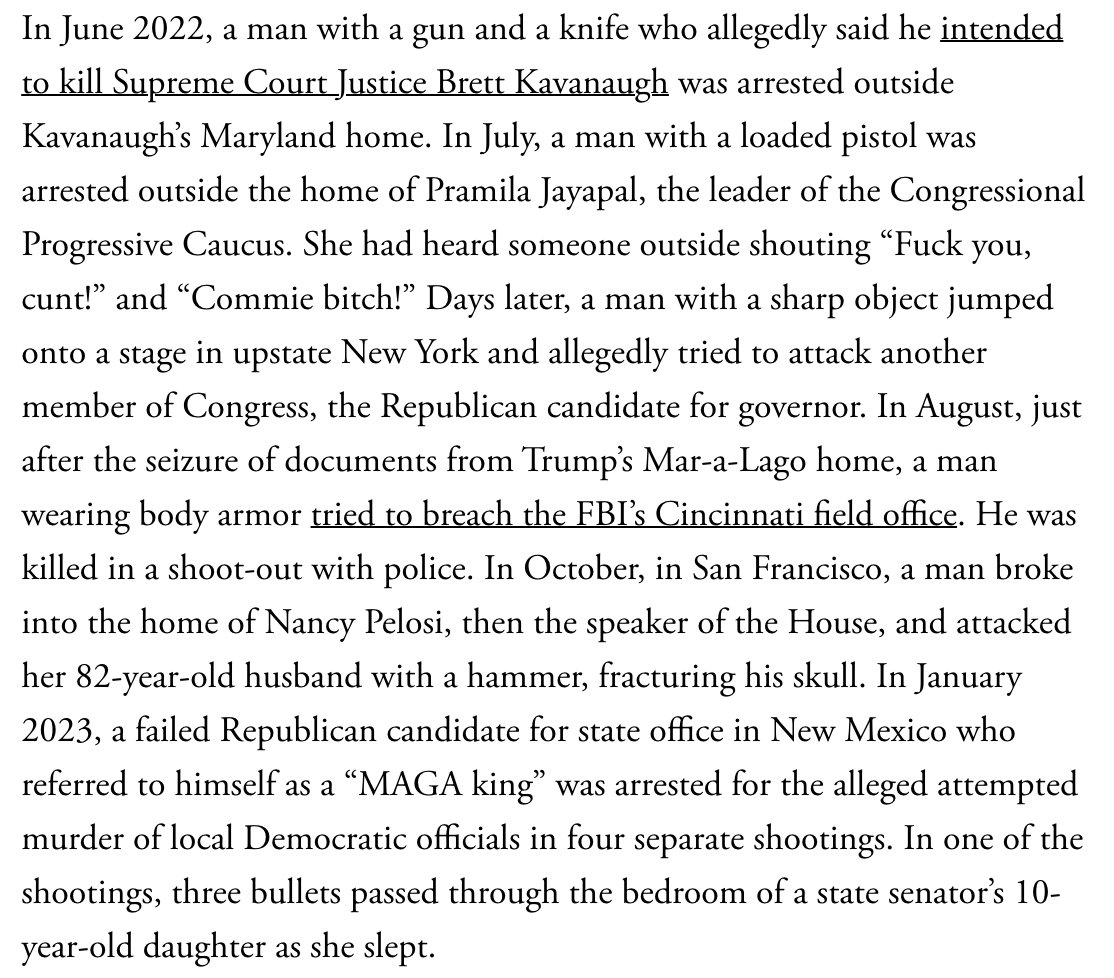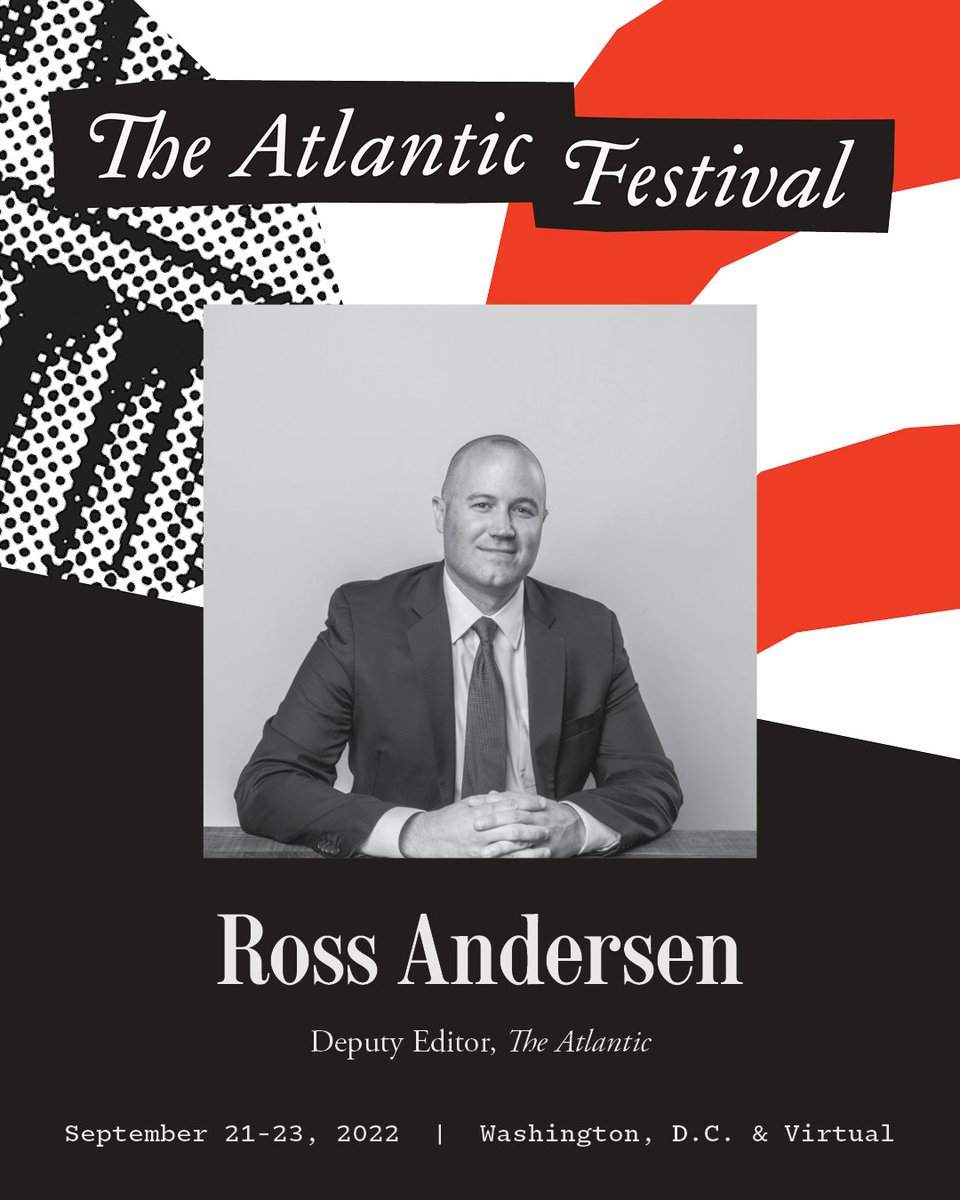
Exploring the American idea through ambitious, essential reporting and storytelling. Of no party or clique since 1857. https://t.co/uHeZCz8ahz
43 subscribers
How to get URL link on X (Twitter) App


 2/ Charlotte Forten Grimké was an educator and abolitionist who wrote with forceful moral urgency. She was the first Black woman to appear in the pages of The Atlantic.
2/ Charlotte Forten Grimké was an educator and abolitionist who wrote with forceful moral urgency. She was the first Black woman to appear in the pages of The Atlantic.




 @TrulyTafakari In the late ’70s, centers in Detroit, Atlanta, and Houston bore witness to the communal lives of hundreds of Black families. But building a nation within the nation of the Pan African Orthodox Christian Church “required a confluence of vision, capital, and committed workers.”
@TrulyTafakari In the late ’70s, centers in Detroit, Atlanta, and Houston bore witness to the communal lives of hundreds of Black families. But building a nation within the nation of the Pan African Orthodox Christian Church “required a confluence of vision, capital, and committed workers.” 










 2/ On Wednesday, @andersen will speak with Dr. Anthony Fauci to discuss his life, legacy, and what's next after government service. Tune in: on.theatln.tc/BYlLEtW
2/ On Wednesday, @andersen will speak with Dr. Anthony Fauci to discuss his life, legacy, and what's next after government service. Tune in: on.theatln.tc/BYlLEtW 


